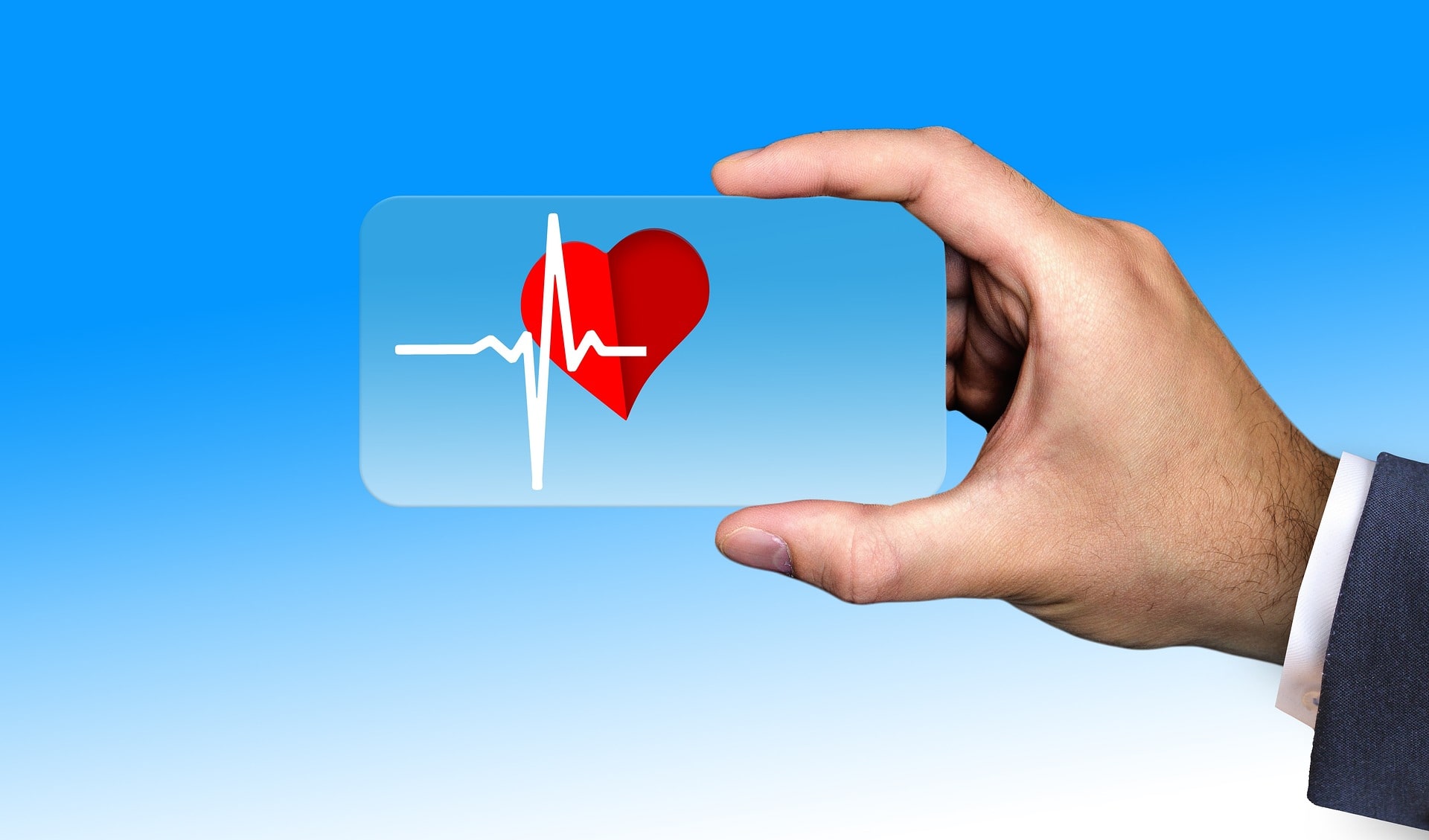For e-Patients
No decision about me, without me!
That’s where m-health and e-Patient Bar for the e-patient can help.
Mobile health (m-health) refers to health technology that uses mobile communication (e.g., smartphone) or information technology devices (e.g. laptop). An m-health solution is also a health application running on a smartphone. Smart health devices are also included (e.g., smart blood glucose meters, smart watches), which use the phone (or laptop, etc.) to store, analyze, and display the measured data: our smartphone is connected to the smart device, even if only as a display interface on which the patient can read the result.

Who is e-patient?
An “e-patient” is a patient who uses valid smart health devices and mobile apps and is skilled at searching for health information on the internet (recognizing fake news). The e-patient uses them to get information, advice, and support about their health and recovery, to prepare for medical tests, treatments, and procedures, and to monitor their condition. E-patient behavior is not a substitute for the doctor, but an aid. E-patient behavior also allows for more personalized and effective care. Why?
Because the e-patient uses m-health solutions for their health. When used well, they can actively participate in decisions about their treatment, and this helps to personalize their care. This is the e-patient attitude. A treatment that results from a shared decision with a well-educated e-patient and which is really followed by the patient leads more effectively to the goal than a therapy based on the doctor’s decision alone. No decision about me without me, says the e-patient. And he is right.
Mobile applications
Thousands of health apps can be downloaded from the Google and Apple stores. Because no one regulates this: anyone can upload an app they have created, and anyone can download it from there. In other words, most health apps may contain scientifically unverified, not peer-reviewed solutions, content, or even conclusions that are contrary to medical advice. The e-Patient Bar can solve this problem…
Mobile application recommendation for disease
Currently, few doctors recommend an app as an m-health solution for their patients. Despite there is evidence that the professionally appropriate ones are helping patients to heal. Because they help them to better manage their condition. Why? One reason is that there are 200 new health apps on the market every day: both patients and doctors are lost. Some physicians are even proposing (and in Germany, this is already financially affordable) that health apps that can be downloaded to a smartphone should also be prescription-only.
These are the reasons why we have decided to launch a specialized service for e-patients. It can be accessed by clicking here (also for English speakers).
Available by clicking here.
Smart medical devices
Authorities regulate only those health devices (called medical devices) that draw their own conclusions and intervene on the basis of the results measured (e.g. pacemakers). The rest are not. Those that do not give medical advice, that only collects data that the user (and his e-health professional) can use to monitor the condition, and from which the – trained! – user draws his own conclusions, they are not authorized. This is why many smart health devices remain unregulated, not validated, and are marketed despite not working properly. Despite the mandatory regulatory and scientific control, many smart devices still pass this test because of the professionalism of the manufacturer. The e-Patient Bar provides a solution by identifying and selecting these products…
